T4K3.news
Venezuelan men allege abuse in Salvadoran prison
Three deported Venezuelan men recount suffering physical and psychological abuse at CECOT prison.

Three Venezuelans detail claims of abuse after deportation to CECOT prison in El Salvador.
Venezuelans recount brutality at Salvadoran prison
Three Venezuelans released from the CECOT prison in El Salvador shared disturbing accounts of their time there after being deported from the U.S. They allege they faced physical and psychological abuse, including beatings and being denied access to legal help. Deported amid claims of gang affiliations with Tren de Aragua, these men assert their innocence and describe horrific conditions at CECOT, where they were subjected to humiliation and violence. Despite being released back to Venezuela, they express a deep mistrust of the U.S. judicial process that led them there. A U.S. official defended the actions taken but did not address the abuse claims.
Key Takeaways
"You're going to see real hell"
Yamarte Fernandez described his experience when arriving at CECOT prison.
"They treated me like a criminal, like a terrorist, they tarnished my image"
Francisco Garcia Casique expressed his anger about the deportation process and its effects on his identity.
"It was hit after hit. So much abuse, both physical and psychological"
Ysqueibel Penaloza recounted the impact of the treatment while imprisoned at CECOT.
"Tren de Aragua and MS-13 are some of the most violent and ruthless terrorist gangs on the planet"
DHS Assistant Secretary Tricia McLaughlin defended the deportation actions, emphasizing the threat these gangs pose.
The accounts of abuse from these Venezuelans highlight serious concerns about human rights in deportation practices. Their experiences reflect potential shortcomings in how deportees are treated and raise questions about the integrity of U.S. policies aimed at combating gang violence. The claims of brutality could fuel international scrutiny of both Salvadoran and American administrations regarding their treatment of migrants and the legal safeguards for those accused without due process. Moreover, this situation underscores the intersection of immigration policy and human rights in a complex geopolitical landscape.
Highlights
- U.S. policies treat deportees like terrorists instead of innocent people.
- Survivors of CECOT prison reveal chilling tales of abuse.
- Those who've returned refuse to trust the U.S. legal system again.
- Their mistreatment reflects deeper issues within immigration policies.
Concerns over abuse at Salvadoran prison
The allegations of physical and psychological abuse against Venezuelan deportees raise serious human rights concerns and may lead to political backlash against U.S. immigration policies.
This troubling situation may influence future immigration policy discussions.
Enjoyed this? Let your friends know!
Related News
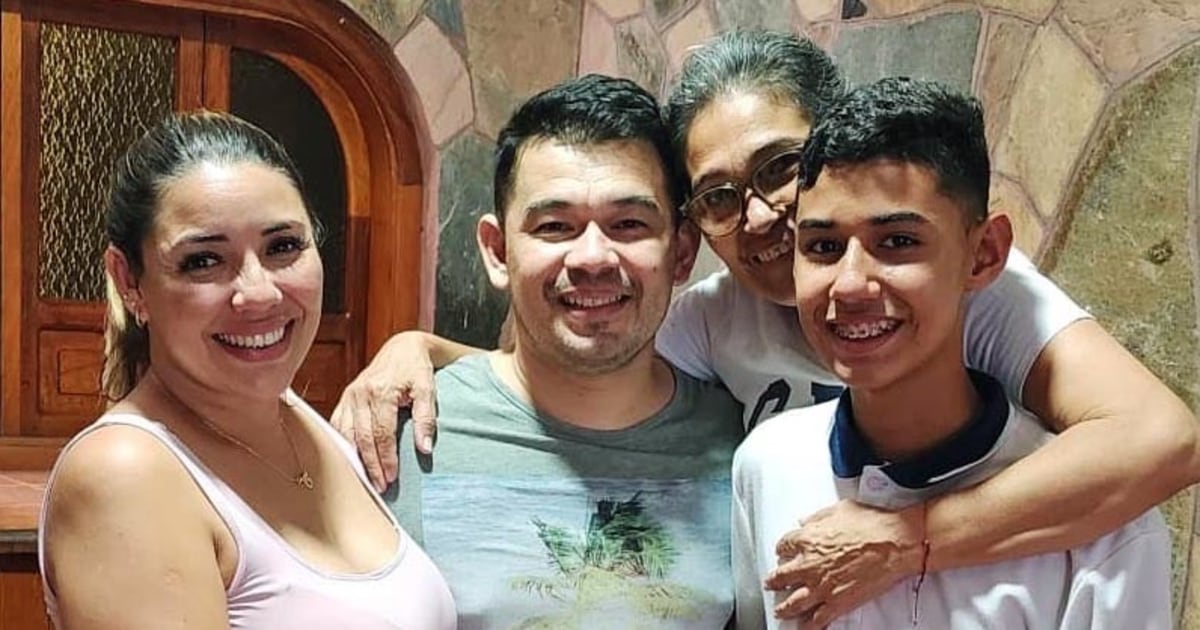
Reports reveal abuse of Venezuelan detainees in El Salvador
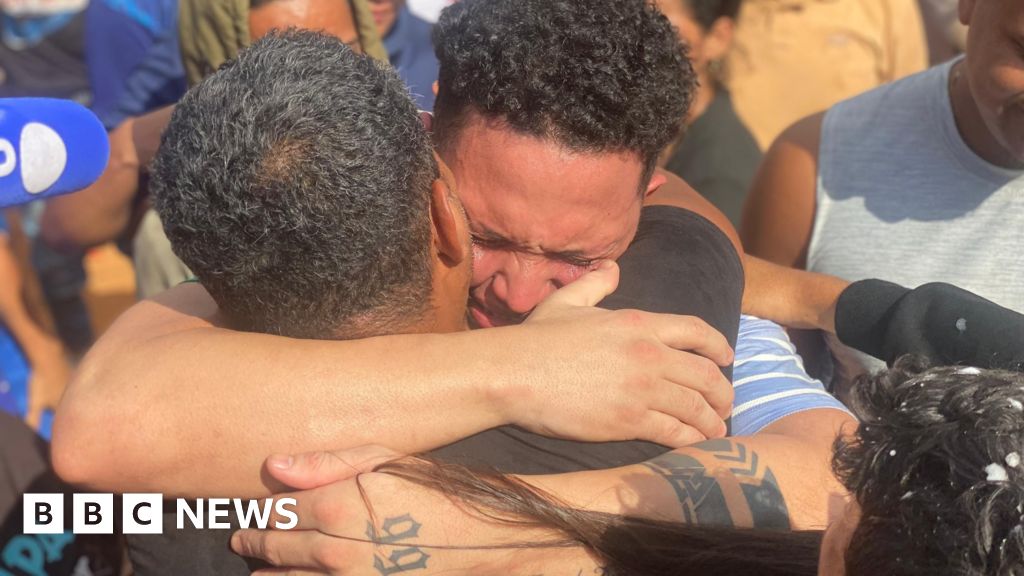
Venezuelans describe experiences in Salvadoran mega-prison
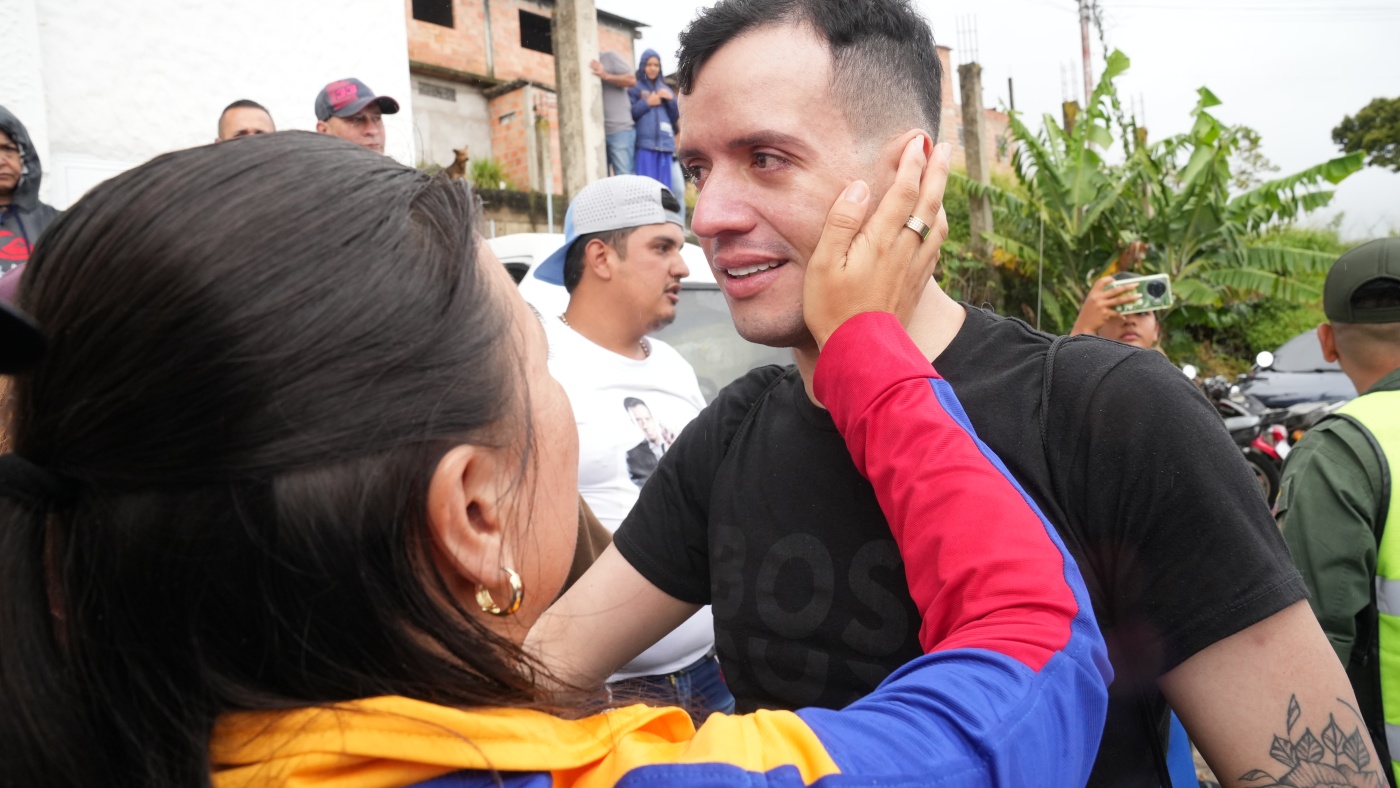
Venezuelan deportees reveal abuse in El Salvador mega-prison

Venezuelan Men Share Abuse Stories Post Deportation

Venezuelan deportee speaks on harsh prison conditions
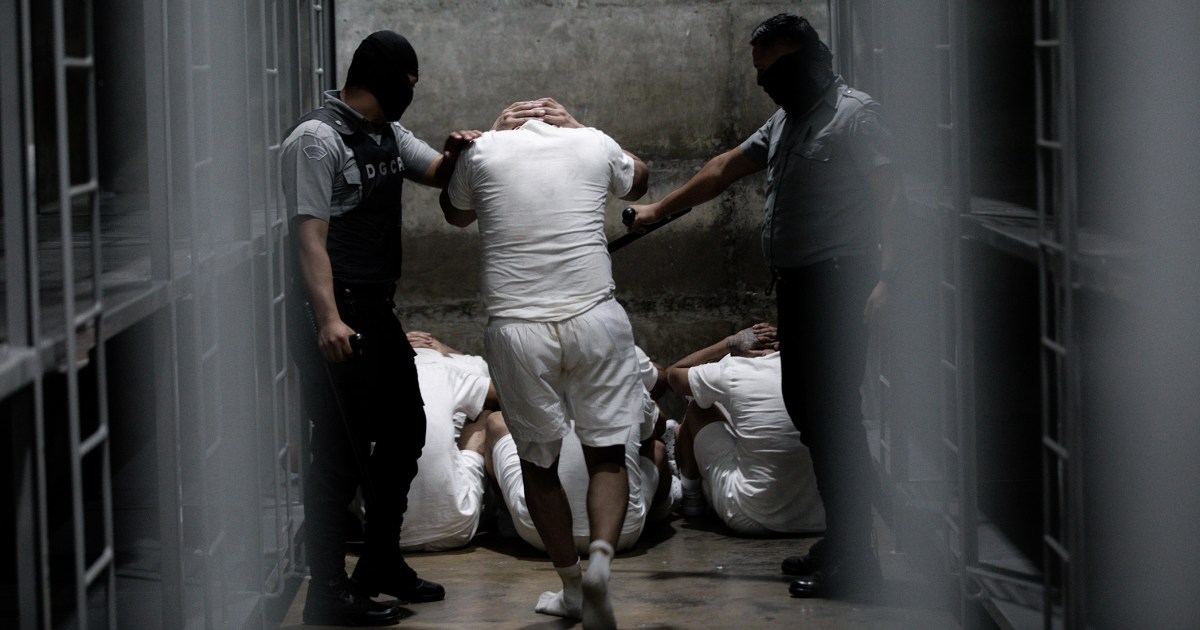
Venezuelan migrants flown home after swap
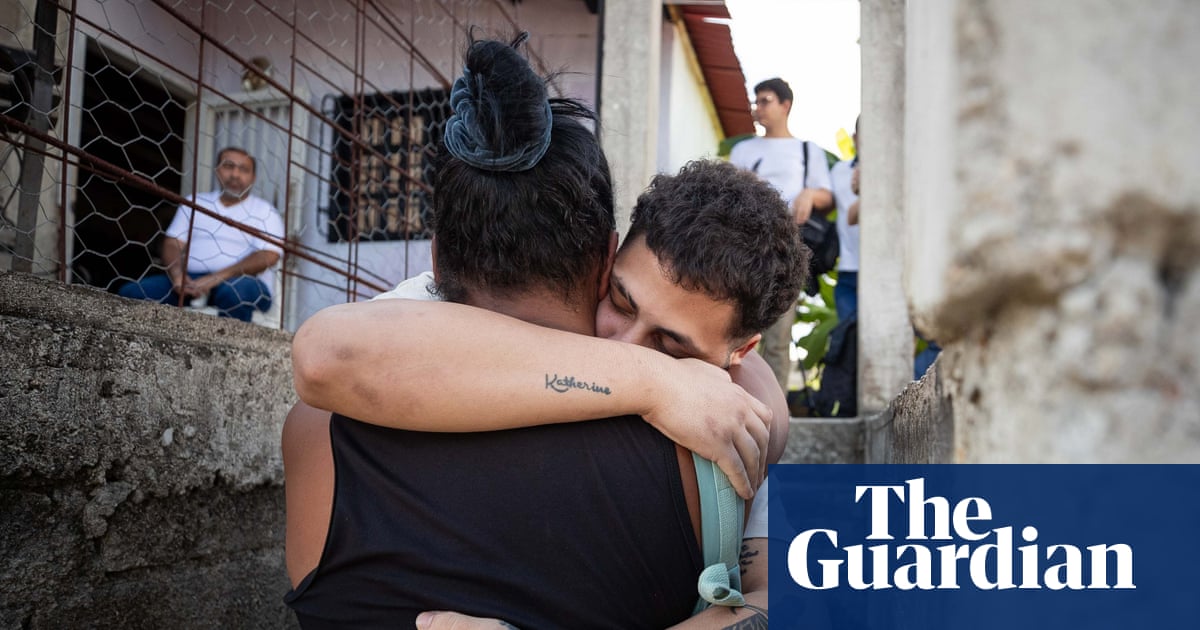
Venezuelans detail torture in El Salvador mega-prison
Venezuela investigates President Bukele for migrant mistreatment
